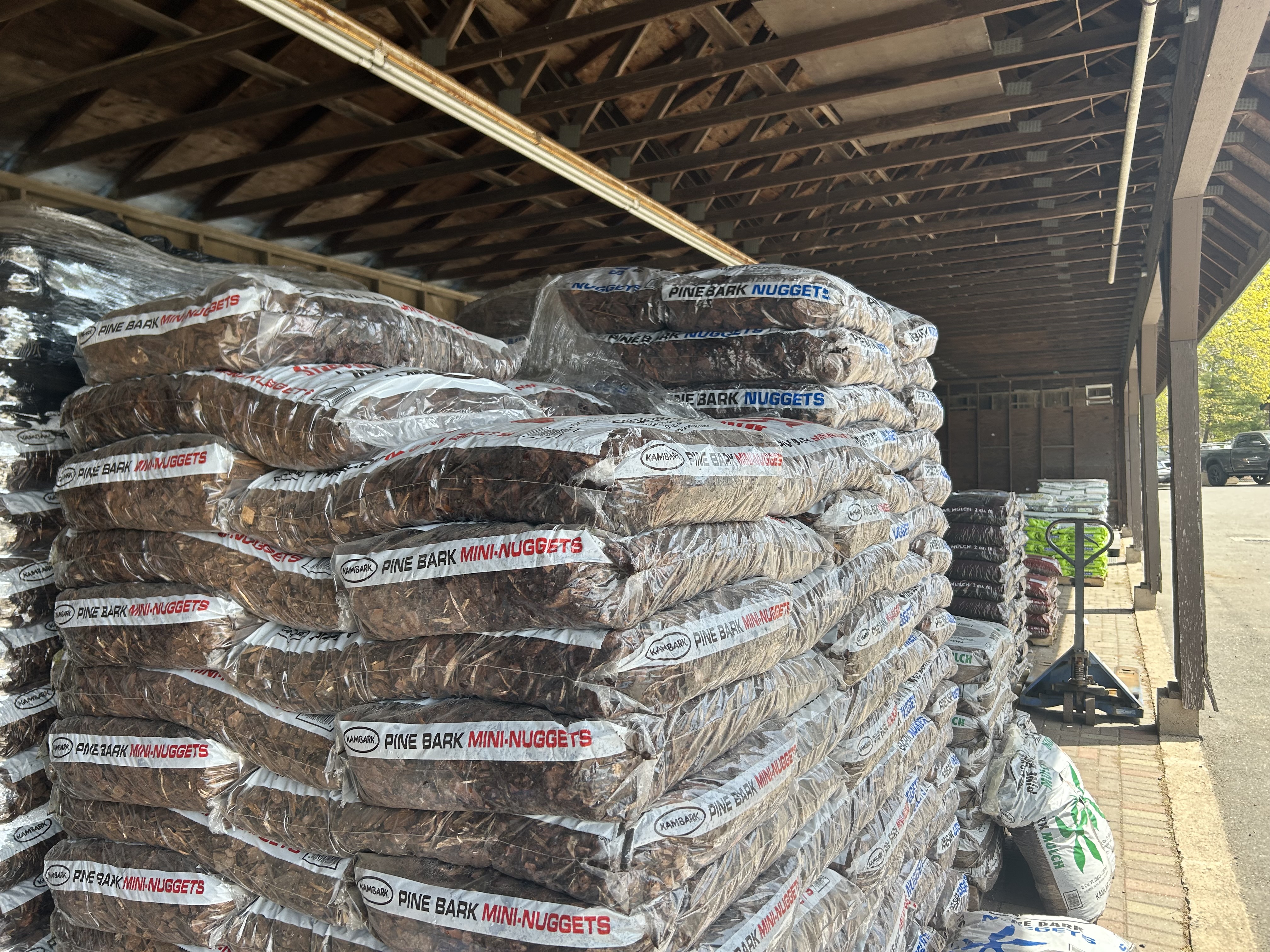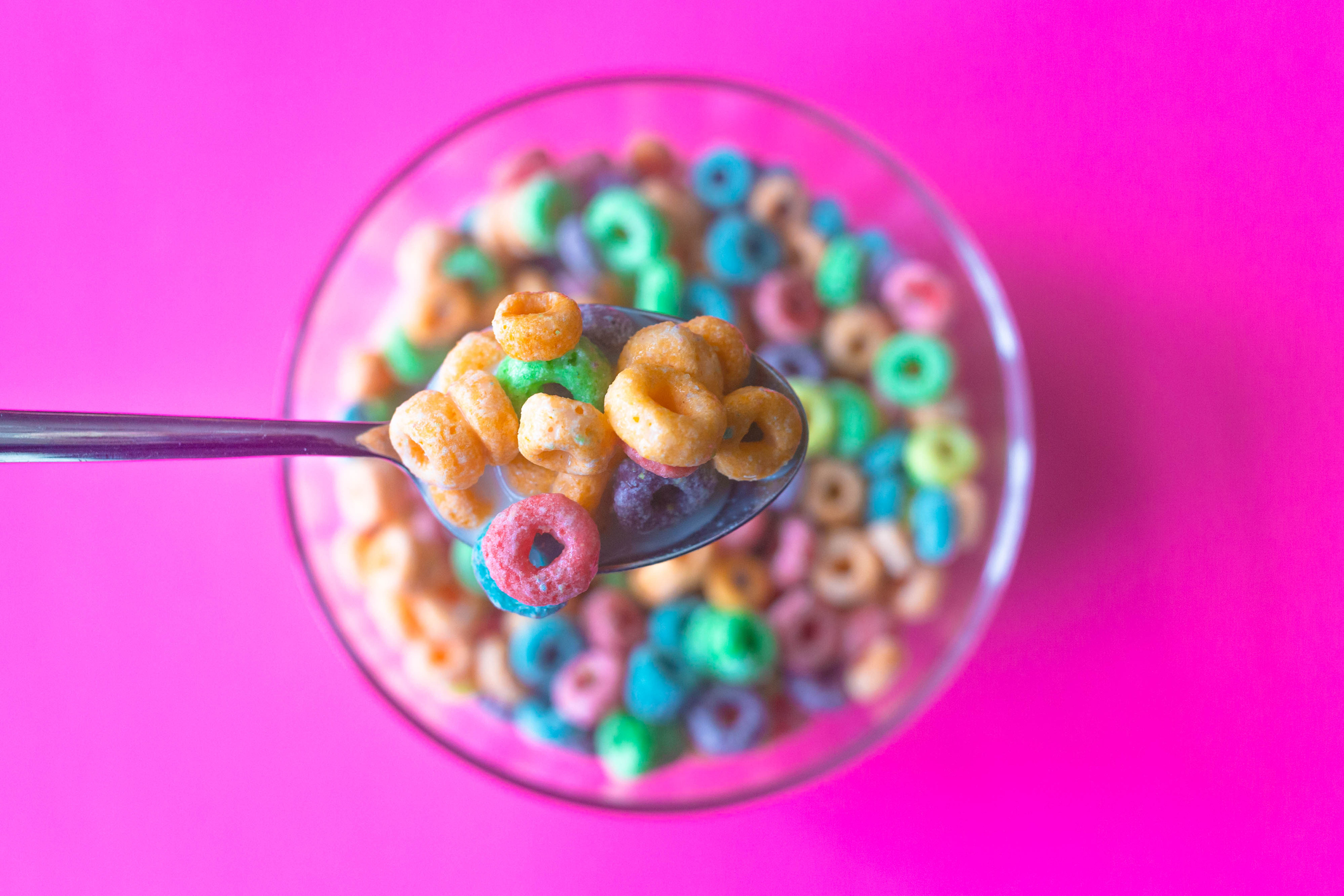The app called Olive focuses on being healthy in a positive way, and promotes good eating habits and mental health.
Foran High School sophomore Leighla-Marie Dantes has done something pretty remarkable. She and a classmate created an app built on a core idea.
“You don’t have to look like an Instagram model to be happy, to be accepted, to be pretty. You just need to be healthy,” said Dantes.
The app is called “Olive.” She and Violet Wilson developed and coded the app and entered it in the Congressional App Challenge.
Their teacher encouraged the entire computer science class to give the competition a try, even though the young programmers found out about the competition just before the deadline.
Get top local stories in Connecticut delivered to you every morning. Sign up for NBC Connecticut's News Headlines newsletter.
“I was really excited for the fact that, hey we threw it together in a month and it worked,” said David Spinetti, the Computer Science and math teacher at Foran High.
“I was like just so proud of us like we did that,” said Dantes.
Local
The app promotes positive eating habits and mental wellness. It’s customizable to meet daily nutrition and activity goals.
It was developed after a look at other diet and exercise apps. It’s a space Dantes says isn’t very friendly.
“I know people that have used them before and also I know a lot of people that have disordered eating or even just trying to maybe lose weight and I realize how big of a problem that it is,” Dantes said. “And so we figured we might as well create something that could actually help us in our everyday lives.”
She says the app is about balancing both physical and mental health. They created a space for a diary to rate your day, detail the good and bad that happened, and even ask for help when you need it.
“I’m having a really tough time and I think I need external help, and basically that refers you to suicide hotlines and eating disorder hotlines,” Dantes said.
Michelle Smallidge from the University of New Haven says apps that encourage and not punish are helpful in promoting positive behavior change, particularly when people who use the apps miss certain goals.
“Really what you want to do is encourage the person to pick up where they left off, don’t get so discouraged, remind yourself of the goal,” Smallidge said. “This app hopefully will remind them ‘look you’re doing this for yourself.’”
It’s built to have a positive look at your health, even linking to USDA guidance for nutrition. The students say it can be for anyone.
“People who are on a diet regimen, people who are on a minerals regimen, people who need to have more vitamins and minerals in their diet,” Dantes explained.
Spinetti says he’s proud of his students.
“The apps that are being developed in class and from their own ideas, they’re in their purest sense and the best versions of those apps,” he said. That’s because the apps aren’t revenue-based and can remain in their original forms without promoting ads or making changes for sales.
It was a lot of hard work in a little bit of time and Dantes was up for it. She has been coding since the fourth grade.
“I realized ‘oh, I actually really like creating things,’” said Dantes. “I really like creating games, and programs and putting my own spin on things and having them be mine, you know?”
She says this is just the start of her journey in software development. “I’m definitely going to go to school for software engineering mainly because I just have so many ideas.”
The pair says they're working on debugging the app and making some adjustments. It may be available for students in the next few months. They say they're already getting positive feedback from students testing it out.
"A lot of people tend to like, say, 'this might be best for me' because the thing is, this is about balancing both physical and mental health because without one you can’t have the other," Dantes said.



